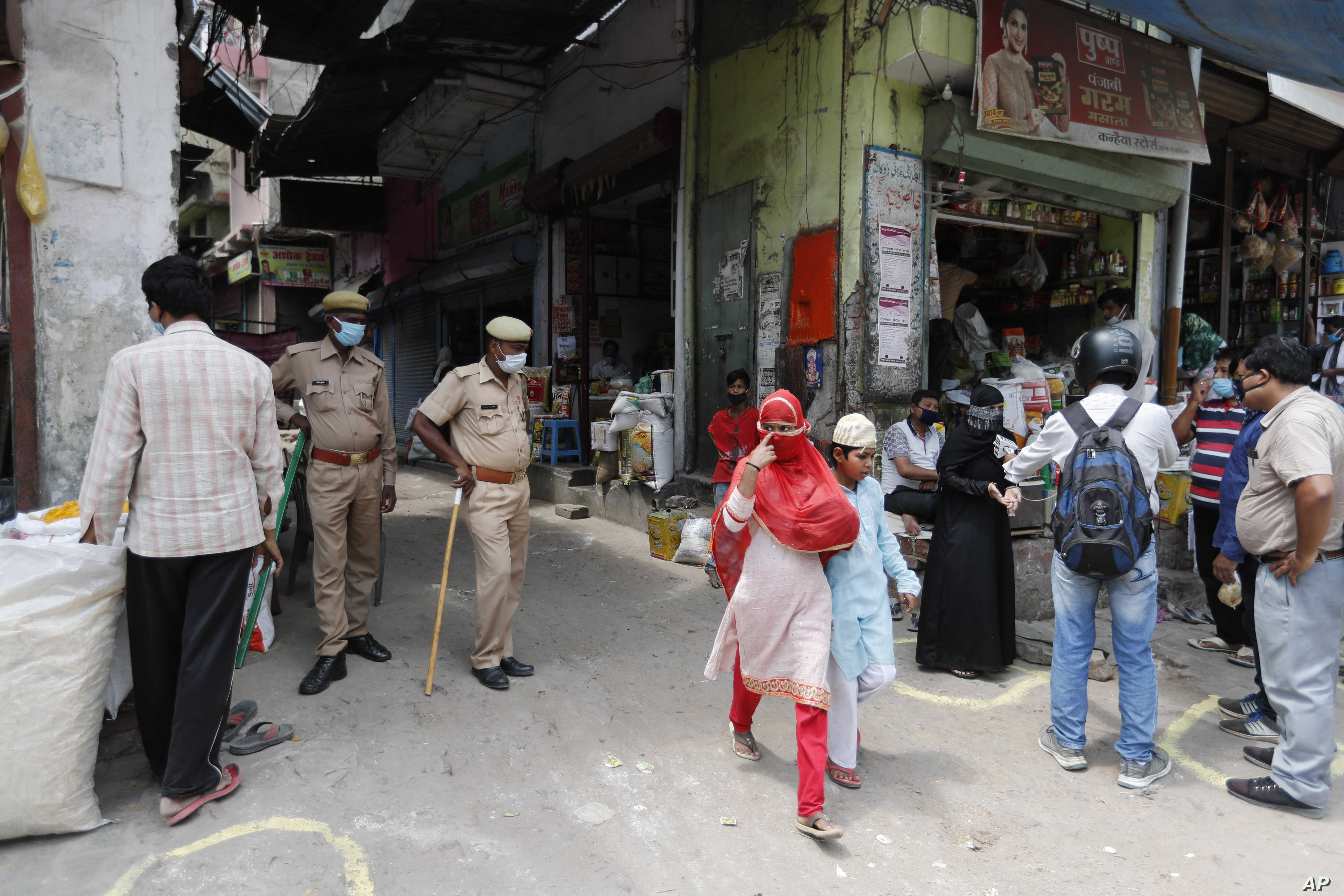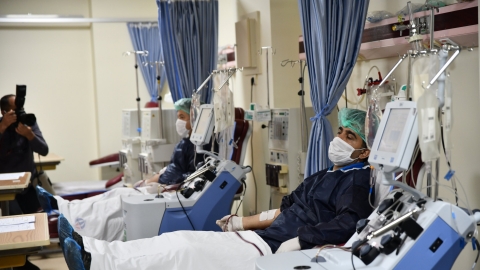Vietnam reports one more COVID-19 case returning from Russia, quarantined upon entry.
According to the 6:00 AM bulletin on May 24th from the National Steering Committee for COVID-19 Prevention and Control, one new case of COVID-19 has been recorded. The individual returned from Russia on flight VN0062 on May 13th and was immediately quarantined upon arrival, posing no risk of community transmission. Thus, as of this time, Vietnam has 325 confirmed cases.
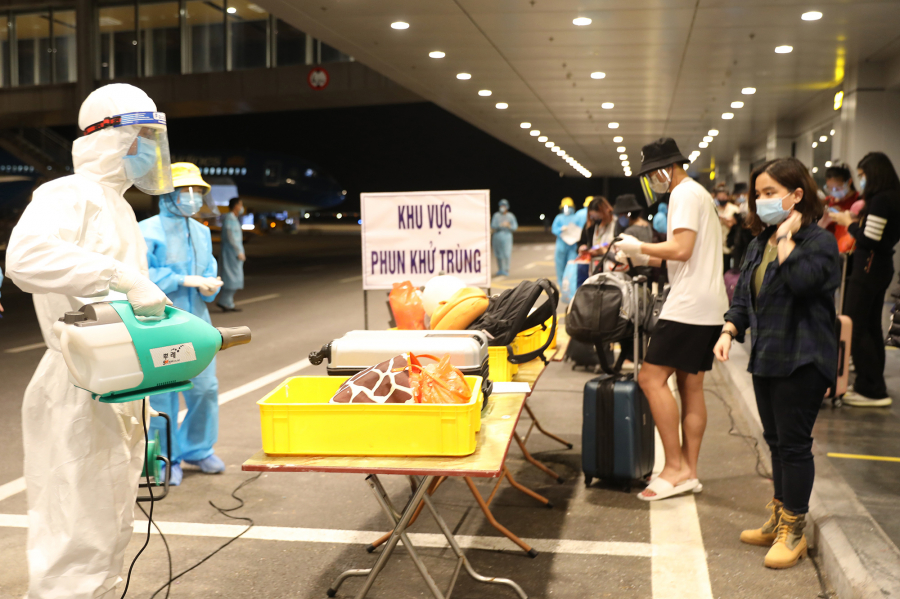
This is a 34-year-old female patient residing in Gia Vien, Ninh Binh province. She had previously contracted COVID-19 in Russia and recovered before returning to Vietnam. On May 13th, she arrived at Van Don Airport from Moscow on flight VN0062 and was immediately quarantined at Regiment 125 in Hai Duong province. There, she was tested, and the result was negative. On May 21st, she was tested again, and the Hai Duong Provincial Center for Disease Control and Prevention confirmed a positive result on May 22nd.
The COVID-19 situation in Southeast Asia
Thailand began phase 3 of easing its lockdown on June 1st, amid a positive trend in Covid-19 cases and no new cases reported in the past 24 hours.
Meanwhile, Indonesia maintained its state of emergency after May 29th and canceled the Muslim New Year celebration of Idul Fitri. On May 23rd, the number of Covid-19 cases in Indonesia was 949, a sharp increase from 634 cases on May 22nd. To date, Indonesia has 21,745 Covid-19 cases and 1,351 deaths.
On the same day, the Malaysian Prime Minister's Office announced that Prime Minister Muhyiddin Yassin would have to self-isolate at his residence for 14 days after an official who attended a recent meeting he chaired tested positive for the SARS-CoV-2 virus that causes Covid-19.
Laos received good news on May 22nd as it entered its 40th consecutive day without new infections. To date, Laos still has only 19 confirmed cases of Covid-19, of which 14 have recovered. Currently, most of Laos' international border crossings with neighboring countries have reopened for cargo transport and entry/exit activities.
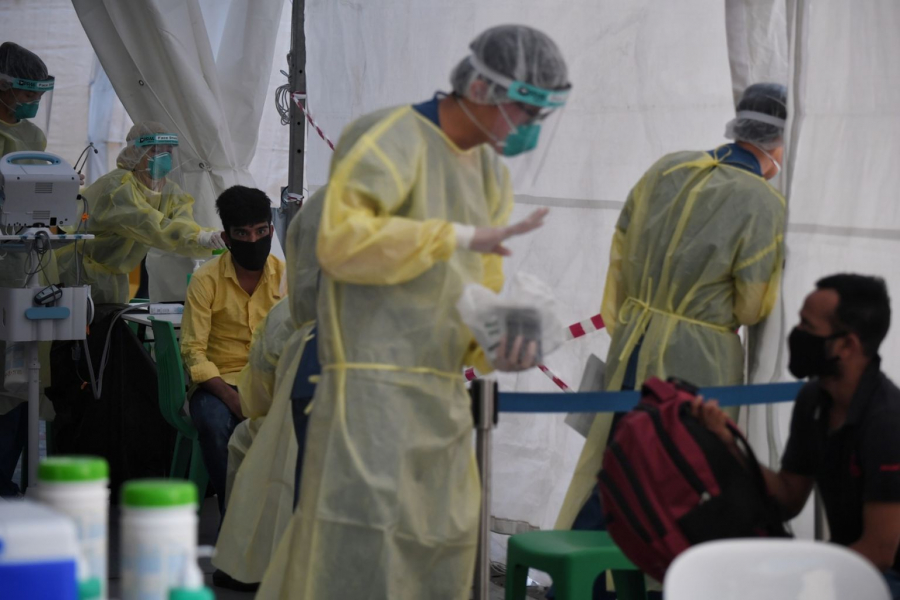
Meanwhile, Singapore reported 642 new cases on May 23, bringing the total number of infections to 31,068, including 23 deaths.
South Korea discovers another outbreak with a high risk of infection.
On the morning of May 23, the Korea Centers for Disease Control and Prevention (KCDC) announced that the total number of infections with the novel coronavirus (SARS-CoV-2) causing COVID-19 in the country increased by 23 cases to 11,165. South Korea also recorded two additional deaths, while 32 more COVID-19 patients fully recovered, bringing the total number of recovered cases to 10,194.
South Korea eased social distancing measures and shifted to "quarantine in daily life" starting May 6th, but shortly afterward, health authorities discovered a highly contagious outbreak in the popular multicultural Itaewon neighborhood of Seoul, and more recently, an outbreak at a Samsung hospital, also in Seoul.
India becomes the second-largest epicenter of the outbreak in Asia.
The number of SARS-CoV-2 infections in India has now risen to over 130,000, making the South Asian nation surpass China to become the 11th largest COVID-19 outbreak in the world and the second largest in Asia, after Iran.
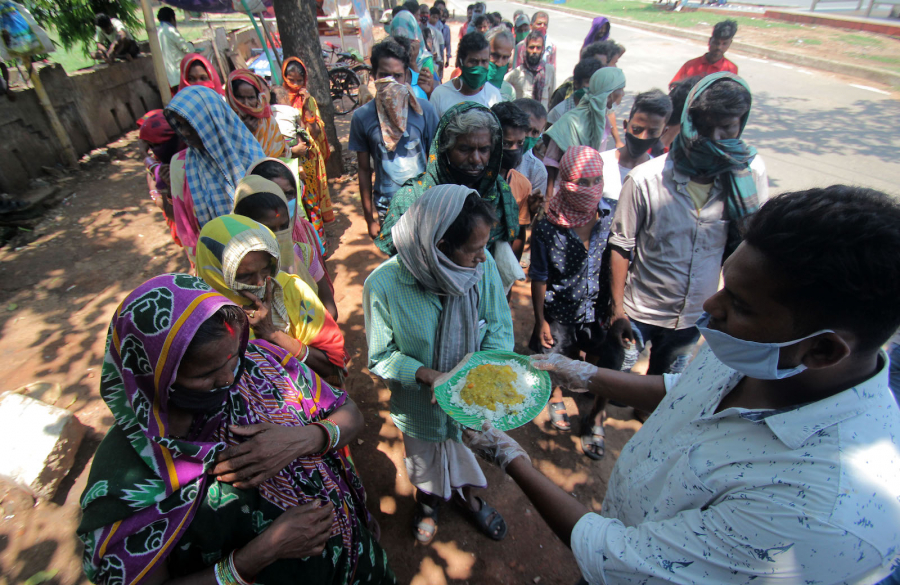
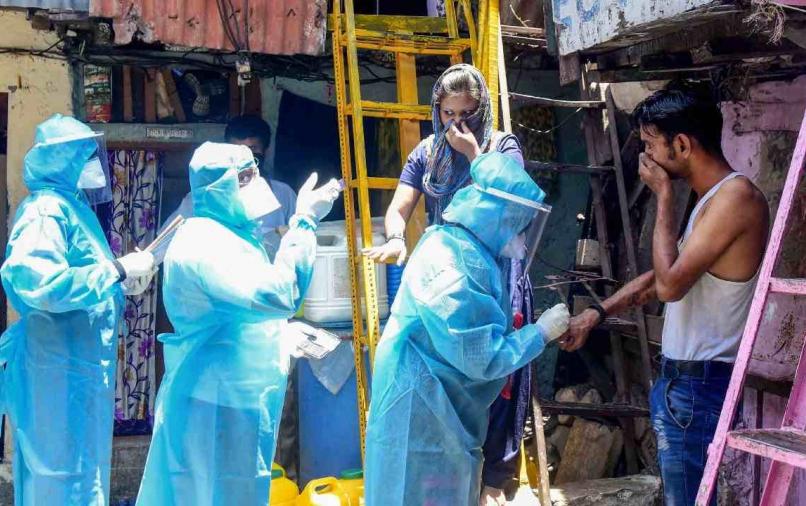
Yesterday, India recorded over 6,500 new infections, the highest daily increase since the outbreak began in the world's second-largest country. This complex development shows that India still faces significant challenges ahead, even as the South Asian nation is implementing the world's largest lockdown to curb the spread of the virus.
Iran allows tourist and religious sites to reopen.
President Hassan Rouhani announced that tourist sites in Iran, including museums and historical monuments, will be allowed to reopen from May 24th, after nearly three months of closure due to the Covid-19 pandemic. Sacred religious sites will also be allowed to reopen on May 25th, while all Iranian workers will return to work from May 30th.
President Rouhani stated that Iran has completed three phases of its plan to respond to the Covid-19 pandemic. In the fourth phase, Iranian authorities will aim to contain the Covid-19 outbreak. The death rate from the SARS-CoV-2 virus in Iran has begun to decline, while the length of hospital stays for Covid-19 patients has also been shortened.
Bulgaria allows citizens from the EU and Schengen countries to enter the country.
Bulgaria has lifted its ban on travelers from European Union (EU) and Schengen Area countries entering the country. The Ministry of Health stated that travelers entering Bulgaria will still be required to quarantine for 14 days. However, the 14-day quarantine period will no longer apply to Bulgarian citizens and citizens of other EU countries for humanitarian reasons, as well as to representatives involved in trade, economic, and investment activities.
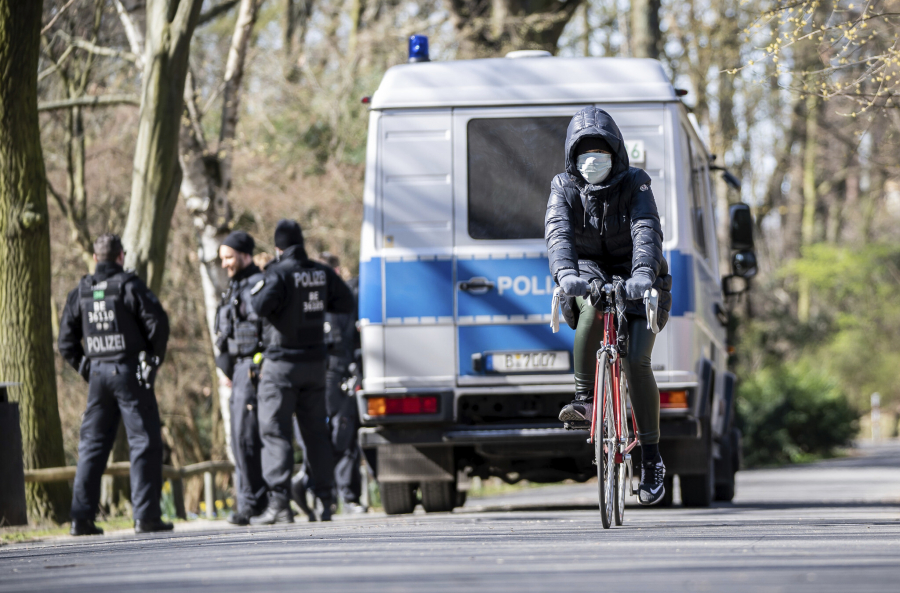
Quarantine will also not apply to those directly involved in the construction, maintenance, operation, and security of Bulgaria's strategic and critical infrastructure.
Italian COVID-19 vaccines have shown promising results.
Nicola Magrini, Director General of the Italian Pharmaceutical Agency (AIFA), said that 5-6 promising COVID-19 vaccines are showing good results and are expected to be produced in Spring 2021. Meanwhile, Silvio Brusaferro, President of the Italian Higher Institute of Health (ISS), said that the number of new cases is decreasing in all regions, but differences still exist between regions, which are divided into three zones.
The epidemic curve is stabilizing and declining; however, he did not rule out the possibility of an increase in the number of infections in the coming weeks, and therefore advised people not to relax personal protective measures.
Brazil extends border closure for another 30 days.
Brazilian President Jair Bolsonaro has extended border closures for another 30 days as the South American nation has become the country with the second-highest number of COVID-19 cases in the world, after the United States. With over 330,000 confirmed cases, Brazil's death toll has reached 21,000, and health experts believe the official figure may be higher due to the country's lack of mass testing.
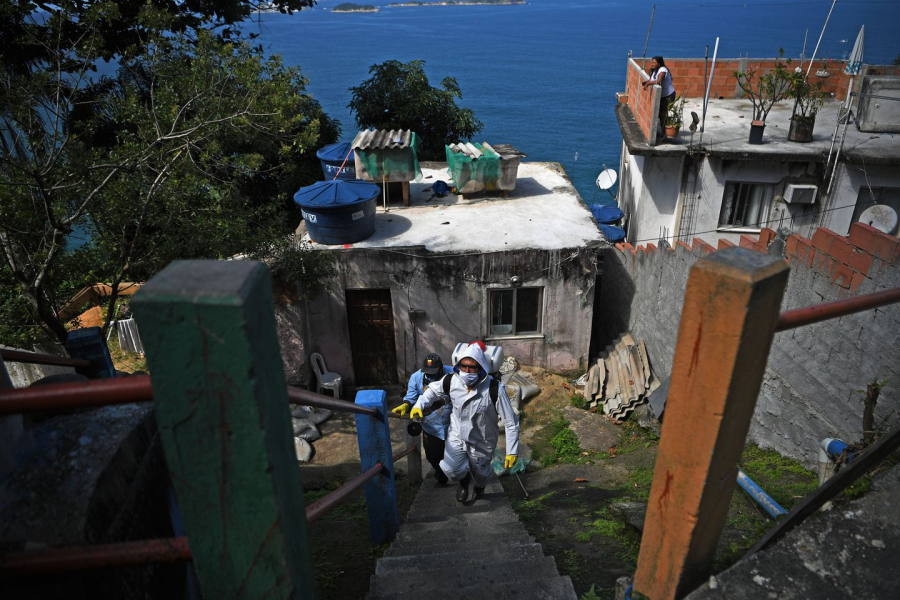
Therefore, the Brazilian government's official gazette, published on the evening of May 22 (local time), stated that this border closure order would apply to both land and air travel, excluding only commercial traffic. Furthermore, the entry ban is exempt for Brazilian citizens and foreigners temporarily or permanently residing in the country through diplomatic missions.
Peru extends lockdown measures until June 30.
Peruvian President Martín Vizcarra announced that he will extend the social distancing measures to combat the Covid-19 pandemic until June 30, although the measures will be adjusted more flexibly. Accordingly, the national nighttime curfew will be in effect from 9 PM to 4 AM, a one-hour relaxation compared to before.
The decision to extend the social distancing order was made after the Peruvian Ministry of Health reported on the same day that the number of Covid-19 cases in the country had reached 111,698, including 3,244 deaths, an increase of 2,929 new cases and 60 new deaths in the past 24 hours.
The number of COVID-19 deaths in Mexico rose to a record high in a single day.
Yesterday, Mexico's Ministry of Health announced a record increase of 479 deaths from Covid-19 in the past 24 hours, bringing the total number of deaths to 6,989. The number of confirmed cases is 62,527, and there are 33,801 suspected cases. Authorities also reported that in addition to domestic deaths, 966 Mexican citizens have died from Covid-19 abroad. To date, Mexico has conducted 210,070 tests.
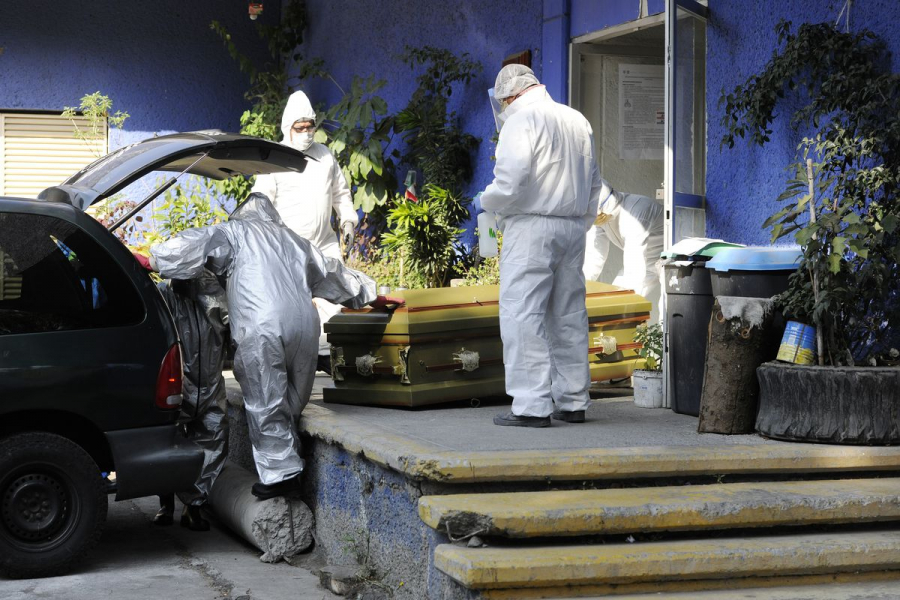
To combat the pandemic, the Mexican government continues to sign contracts to purchase medical equipment from China and the United States. Currently, 12 shipments of medical supplies from China and three from the United States have arrived in Mexico. Despite the complex situation of the Covid-19 pandemic, with the number of cases and deaths doubling in the past two weeks, the Mexican government is still gradually reopening the economy.
The antiviral drug Remdesivir is effective in treating COVID-19.
On May 23, the U.S. National Institute of Allergy and Infectious Diseases (NIAID) announced the final results of its trials of the antiviral drug Remdesivir. According to the results, the drug has proven effective in treating the SARS-CoV-2 virus, shortening the recovery time for patients.
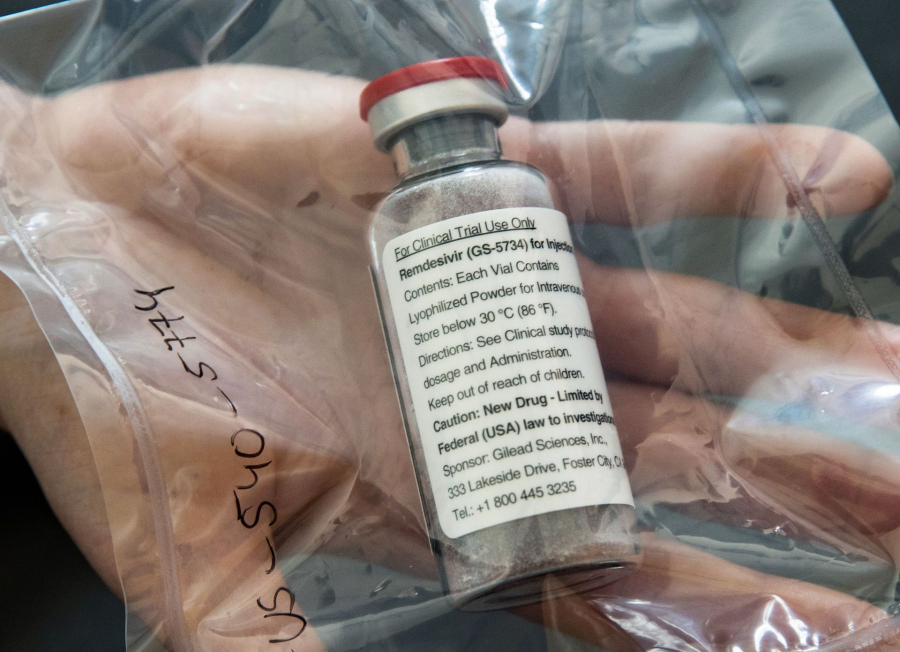
According to NIAID, intravenous administration of Remdesivir for 10 consecutive days accelerated the recovery of COVID-19 patients, outperforming a placebo in clinical trials involving 1,000 patients in 10 countries worldwide. However, the trial authors stated that the drug did not completely prevent deaths. Approximately 7.1% of patients receiving Remdesivir in the trial died within 14 days, compared to 11.9% in the placebo group.

 VI
VI EN
EN



